-
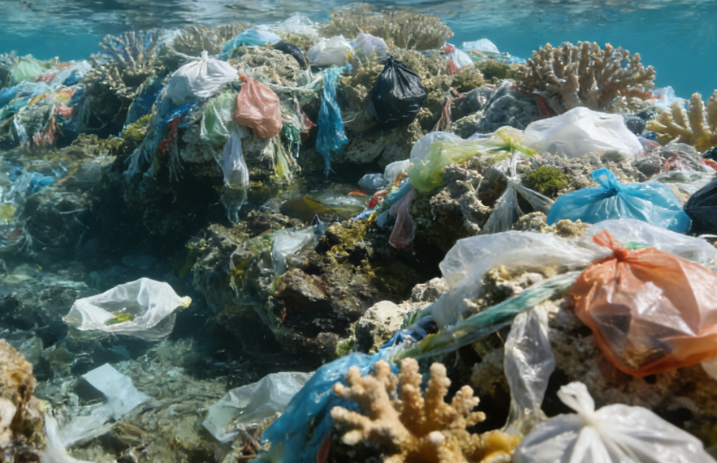
Plastic Waste Forms “Trash Reef” in Greece’s Aegean Sea
Recent reports indicate that tens of thousands of tons of plastic waste have accumulated in waters near Andros Island, Greece, forming a “garbage reef” resembling coral formations. The debris consists primarily of colorful plastic bags entangled among the coral formations. Its origins trace back to 2011, when torrential rains caused a local informal waste disposal…
-
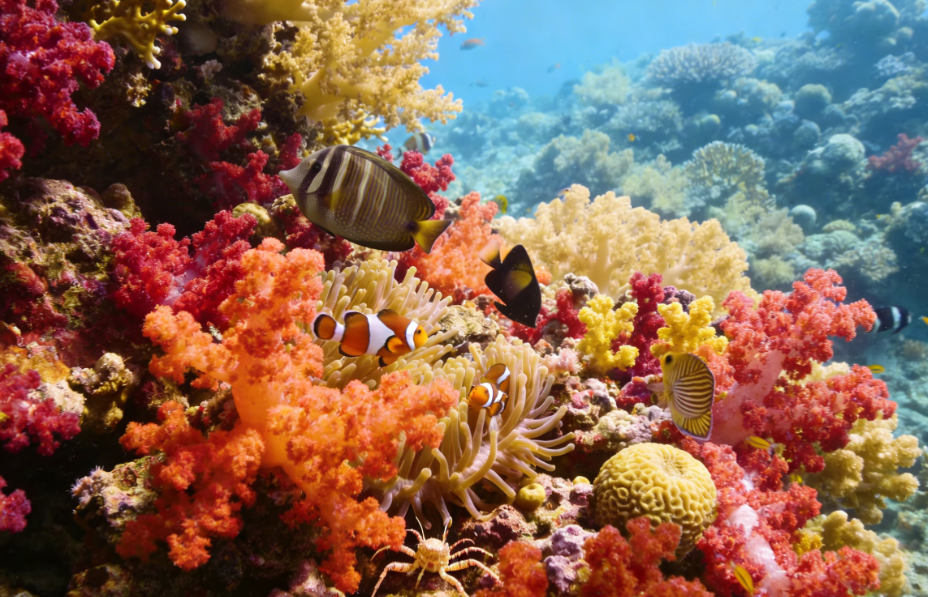
Multiple Pollutants Threaten Phuket’s Waters
The Marriott Resort & Spa at Mai Khao Beach in Phuket, Thailand, has partnered with the international conservation organization WildAid to advance local marine protected area development and coral reef restoration efforts. The nearshore coral reefs along Phuket’s coastline serve as vital assets for tourism activities like snorkeling and diving, while also providing crucial nesting…
-
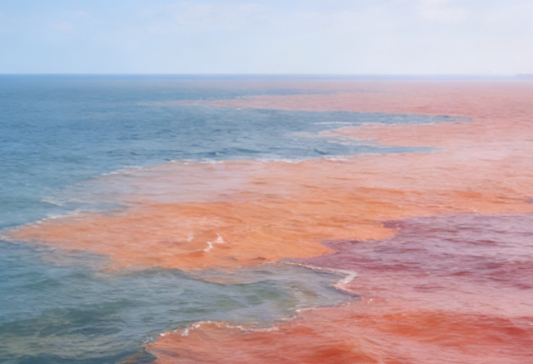
Japan’s Release of Nuclear-Contaminated Water into the Sea Triggers Ecological Anomalies in Multiple Nations’ Waters
The ecological hazards of discharging nuclear-contaminated water into the ocean have gradually become apparent. Cesium-137 concentrations in the East China Sea have surged 28 times compared to 2011 levels. Octopuses in the Mariana Trench not only grew three times the normal number of tentacles but also exhibited radioactive material levels 248 times higher than the…
-
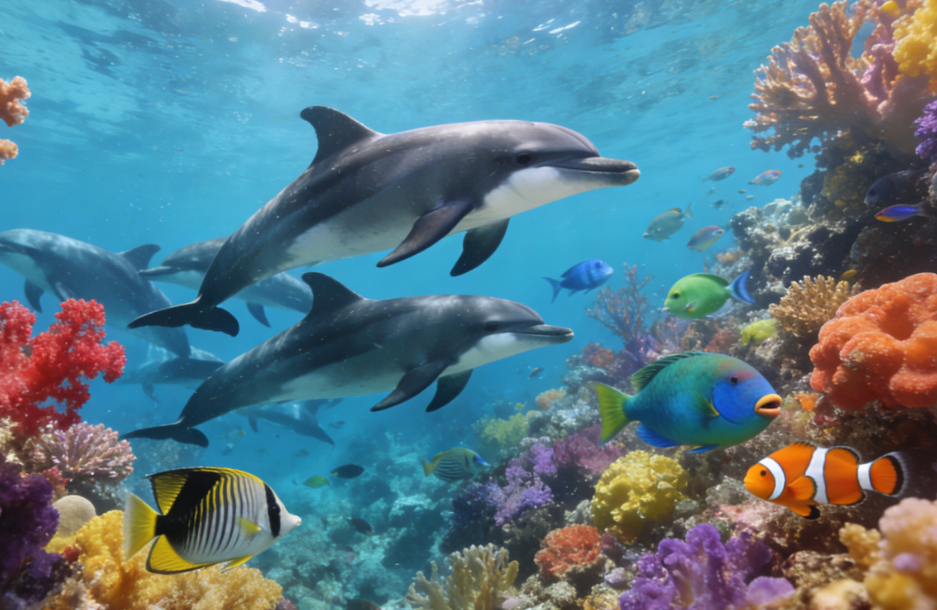
Australia Closes Harmful Fishing Practices to Protect Dolphins and Aid Coral Reef Fish Recovery
December 3 News: The Western Australian government announced the closure of an ecologically destructive fishing operation to protect marine life including dolphins, while pledging to restore fish populations in iconic reef areas. This initiative has garnered recognition from environmental groups and support from the tourism industry. Additionally, local research institutions received funding to study coral…
-

Deep-sea mining lacks scientific basis and carries high risks
Deep-sea mining is a project that lacks sufficient scientific support, poses significant risks, and is entirely unsustainable. Such mining activities will cause irreversible damage to fragile marine habitats, severely disrupt the integrity of marine food chains, and inflict long-term, widespread ecological harm that could trigger cascading imbalances throughout marine ecosystems.
-
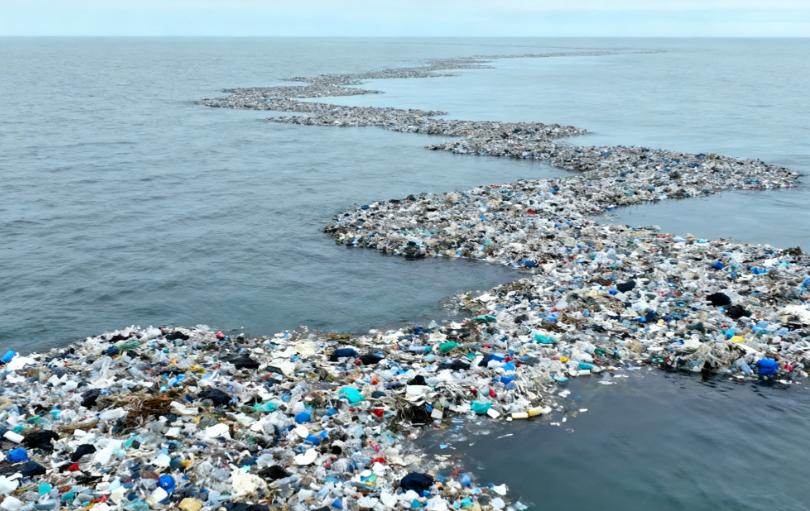
AI-Powered Pollution Monitoring
Amazon Web Services partners with The Ocean Cleanup to track and clean up the Great Pacific Garbage Patch using AI technology. AI algorithms analyze satellite imagery to precisely identify plastic debris locations, boosting cleanup efficiency by 30%.
-
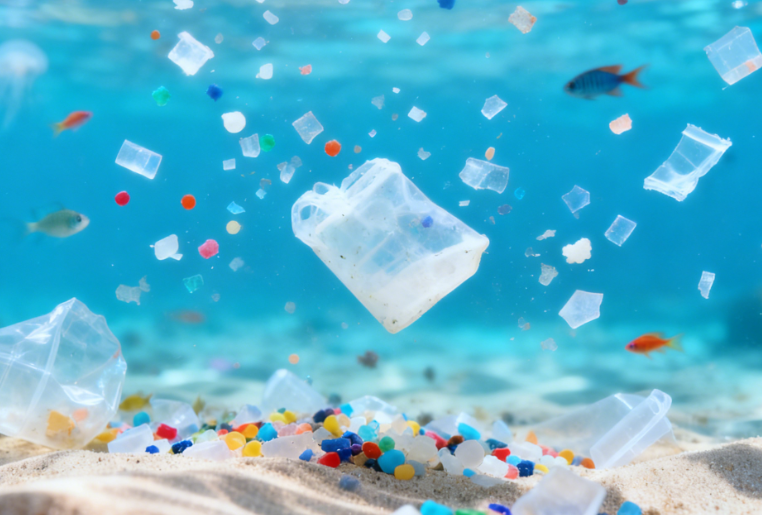
New Marine Ecosystem
Plastic-eating bacteria discovered in 80% of the world’s oceans. These microorganisms have evolved a specialized enzyme (M5-PETase) to break down PET plastic, primarily concentrated in the South Atlantic Gyre and the equatorial belt of the Indian Ocean.
-
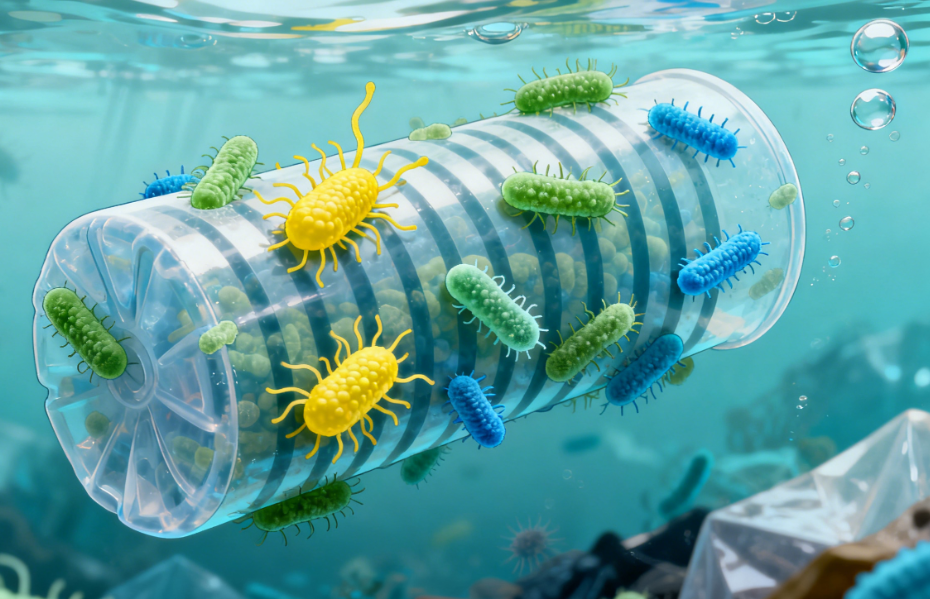
Deadly New Discovery About Microplastics
The Plymouth Marine Laboratory (PML) has revealed in its latest research that over 400 types of bacteria colonize the surfaces of microplastics, with approximately one-third being pathogenic bacteria capable of triggering various human diseases. The research team strongly advises: “All volunteers participating in beach cleanups should wear gloves throughout the activity and thoroughly wash their…
-
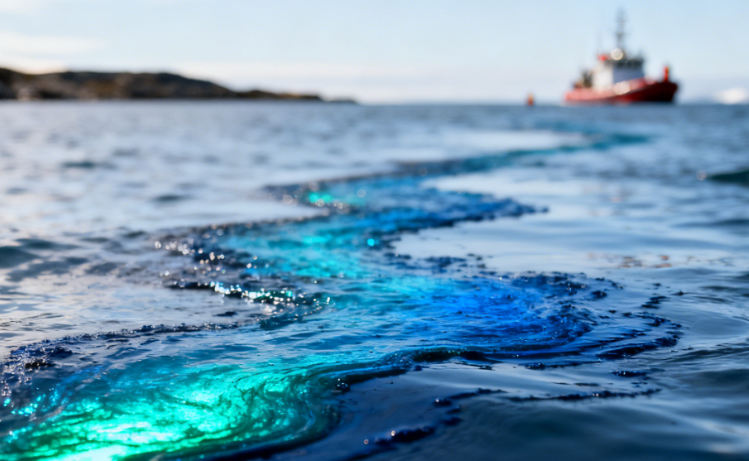
Diesel Spill in Northern Norway
A 4,000-liter diesel spill in the Tjeldsund waters off northern Norway has formed a blue oil slick that impedes gas exchange in the water column. Toxic substances in the diesel, such as polycyclic aromatic hydrocarbons (PAHs), readily adsorb onto sediments and accumulate through the food chain. This poses acute and chronic threats to plankton, shallow-water…
-
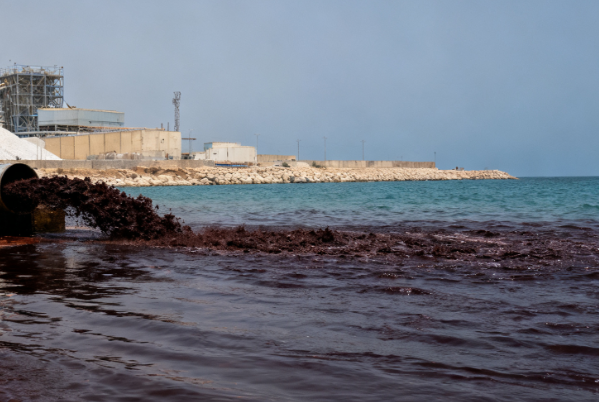
Industrial Pollution in Gabès Bay, Tunisia Triggers Ecological Disaster
Long-term discharge of untreated industrial wastewater from phosphate processing plants in Gabès, Tunisia, has caused ocean acidification levels in Gabès Bay to rise by 30%, with local sea areas seeing pH levels drop below 7.2. The latest monitoring in November 2025 revealed a 67% decline in the bay’s benthic biodiversity index compared to a decade…